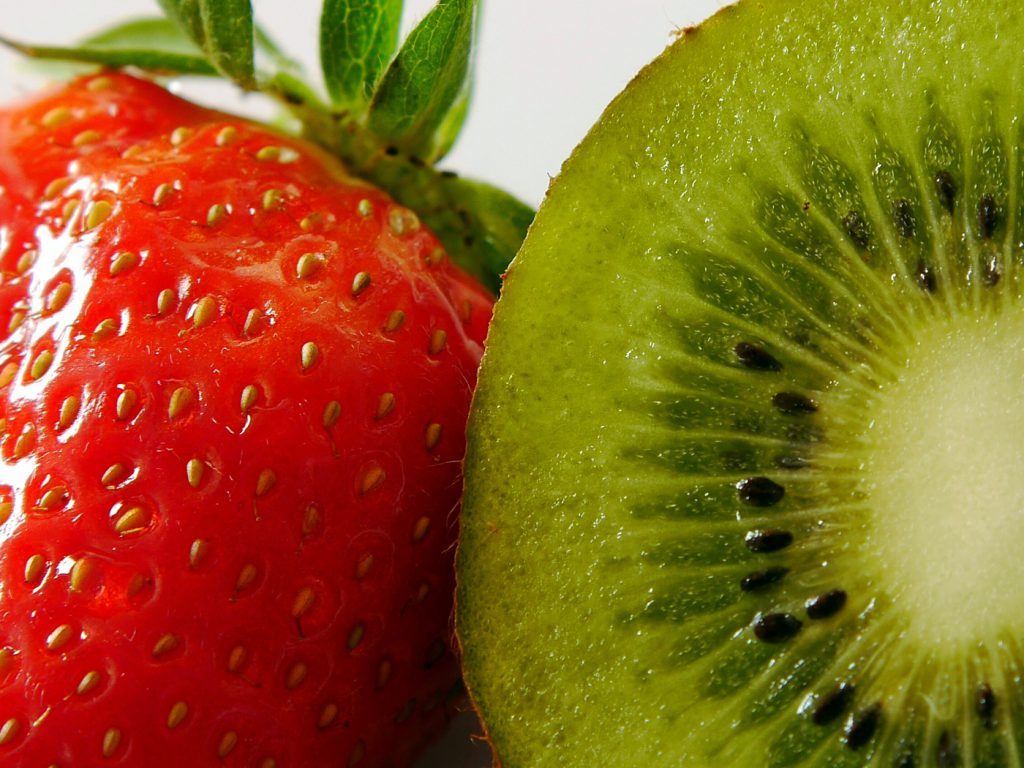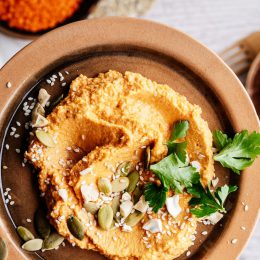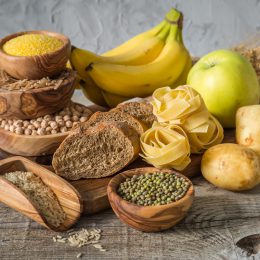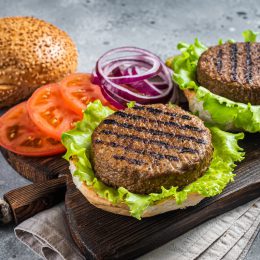5 Best Fruits for Blood Sugar
These sweet treats deliver a dose of fiber to help keep blood sugar steady.

If you have diabetes, have been told you’re prediabetic, or are simply trying to mind your blood sugar, you may wonder if it’s okay to eat fruit. After all, it’s sweet and contains plenty of sugar.
The answer is yes, albeit a qualified one. The American Diabetes Association says that fruits are packed with vitamins, minerals, and fiber, and should be a part of meals and snacks. But that’s not a free pass to binge on berries and bananas all day. Fruits contain carbohydrates and, of course, sugars. So it’s very important to keep track of the fruit you eat and to watch your serving sizes.
Go for fresh fruits or fruits that are frozen or packed without added sugars. Some people, especially those with diabetes, find that certain fruits affect their blood sugar more than expected. You may want to try half a serving when sampling a new fruit, or ask your doctor for recommendations.
The five fruits below are good kitchen staples because they’re low in carbohydrates and sugar. They also contain soluble fiber, which slows the absorption of sugar into the bloodstream, so you avoid spikes. Nutrition data is for a medium-size fruit or ½-cup serving.
1. Strawberries
7 grams of carbs and 5 grams of sugar
All berries are known for their disease-battling antioxidants, fiber, and vitamins. Researchers have seen better blood sugar control in people who eat strawberries in particular after a meal. They’re also one of the best sources of vitamin C.
Try this: Enjoy strawberries on top of a salad, or add zing to homemade vinaigrette with a few crushed strawberries. Or try them in a post-workout smoothie. (Check your eligibility for free access to gyms and fun fitness classes through SilverSneakers here. Already a SilverSneakers member? Find a location here.)
2. Peaches
15 grams of carbs and 13 grams of sugar
Eat a peach, and you’ll get a dose of two minerals that are important for healthy blood pressure: potassium and magnesium. Peaches are also a good source of vitamins A and C.
Try this: Make a tasty peach smoothie. Simply combine and blend these ingredients in a blender until smooth:
- 1 cup sliced fresh peaches
- 1 cup nonfat plain yogurt
- ½ cup nonfat milk
- ⅛ teaspoon cinnamon
- 1 pinch ground ginger
3. Pears
23 grams of carbs and 15 grams of sugar
Pears are underappreciated. Researchers now think that the flavonoids in pears are linked to a lower risk of type 2 diabetes. Pears are higher in carbs than some other fruits, but they’re also higher in fiber, which helps keep blood sugar steady. One pear with skin provides you with six grams of fiber—about 20 percent of your daily need.
Try this: Top a spinach salad with pear slices.
Subscribe to our newsletter
It's quick and easy. You could be one of the 13 million people who are eligible.
Already a member? Click to discover our 15,000+ participating locations.
Follow Us
4. Apricots
4 grams of carbs and 15 grams of sugar
Apricots are rich in fiber and vitamin A. In fact, just one serving of apricots provides about half of your daily vitamin A needs. They’re low in carbs, at only four grams each. Plus, research suggests that apricots may be good for eyesight.
Try this: Add chopped apricots into your cereal or plain nonfat yogurt.
5. Kiwi
13 grams of carbs and 16 grams of sugar
Fuzzy on the outside and refreshing on the inside, kiwi is rich in vitamin C, which helps boost immunity and promote healthy skin. Kiwi also offers two essential nutrients not found in many foods: vitamin K and folate. Plus, they’re a good source of fiber.
Try this: Peel and dice a few, then add them to a fruit salad.





